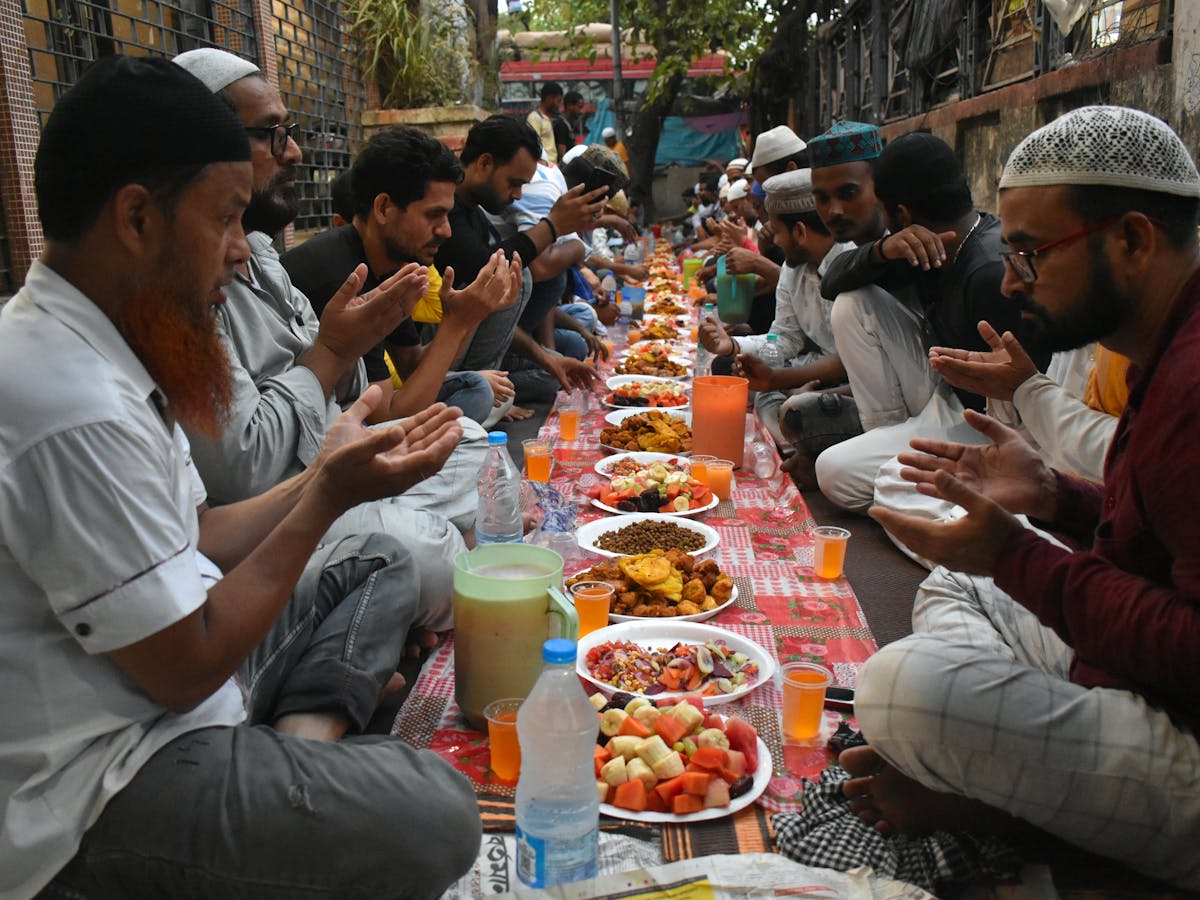by Abdulkadir Osman Farah
Almost every year around the month of Ramadan sort of debate occurs within western societies (including Scandinavia) and beyond. It is about the significance and the justifications of this holy month. For some parts, the Ramadan, particularly how Muslims observe fasting, requiring abstaining food and water from dawn to sunset for about 30 days, poses risk to the human biology and mind.

For others, the fasting liberates people from egocentrism and material preoccupation. In between such competing perceptions, scientists recommend routine complete or partial fasting as remedies for enhancing beauty and lifestyle. Numerous studies also conclude the annual fasting, if observed properly, revives human cells and circulation. In a brief recent visit to Mogadishu, the UN secretary general observed fasting “in solidarity with Muslims”. However, for most practicing Muslims, fasting concerns not just about physical preservation and superficial bodily well-being. Rather fasting also includes sincere quest for deep consciousness and reflections on existence, social relations, and justice.
The Ramadan transformation is integral to series other socio-structural as well as socio-justice guidance the prophet (scw) introduced to humanity. Transformations with no equivalents, neither in pre-Islamic periods nor in post-Islamic times. Such deep transformations, among others, include the partial disempowerment of clergy in which the religious elite often form a segregated elitest class domination. Thus Muslims, at least formally, do not have the institutional resemblance of the Pope and the Vatican.

The prohibition of enslavement and thereby racism “laa farq baynal arab walcajam- illaa bitaqwa” (no difference exists among Arabs and non-Arabs- except for piety and earnest behaviour). Some advanced western societies condoned slavery as late as 1960s. Even today estimates show over 40 million people living as slaves in the world, mostly trafficked women, and children.
Finally, the liberation of women in deciding whom to marry as well as studying and working independently. Here in the last 10 days of this transformative month, a Somali artist’s rejoicing of Ramadan probably captures the reposefulness among fasting Muslims “Ramadaaneey, ramadaaneey, ku rayreynoo, waan rabnaayee ramadaneey, Rasuulkeennii Muxammed Rabi tuu soo farayee, anana aan ku raacnaay Ramadaaneey” (Oh, Ramadan, we are exultant and yearn for your presence, the one Lord revealed to our messenger Mohammed (scw) and we utterly conform).






